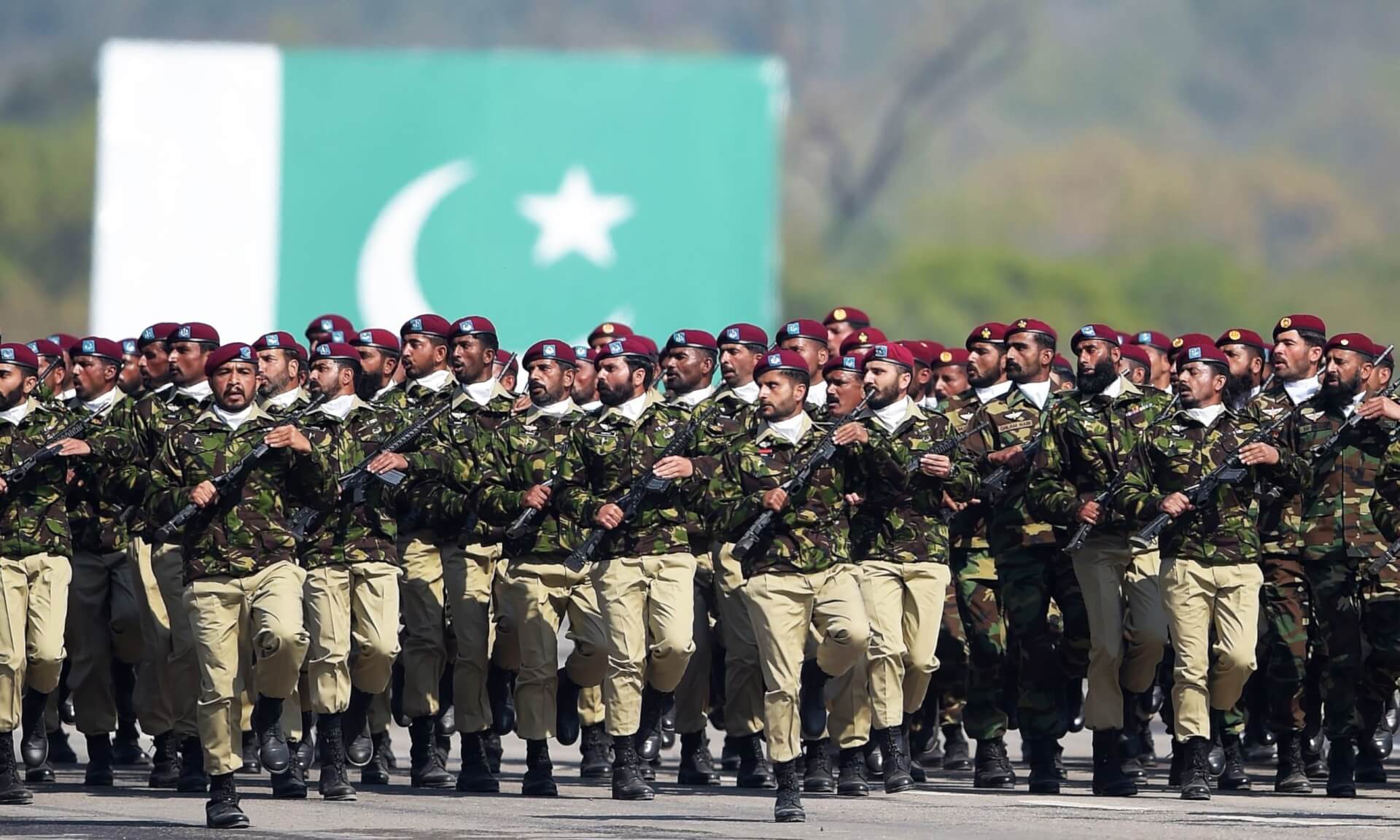Pakistan and Turkey have concluded their bilateral military exercise called ATATURK-XI 2021 on Saturday. This three-week-long exercise saw the participation of the Pakistani Special Services Group and Turkish Special Forces and was conducted in the north-western Khyber Pakhtunkwa region, which borders Afghanistan. A statement issued by the Pakistan Inter-Services Public Relations said that the exercise “focused on Counter-Terrorism operations including Cordon and Search techniques, Built-Up Area clearance drills with Combat Aviation support, Hostage Rescue, Free Fall by Para Troopers and Martial arts.”
The two sides also agreed to further strengthen their military and defence partnership through the expedited implementation of the Pakistan-Turkey Strategic Economic Framework. With the recent developments, Pakistan and Turkey have reached unprecedented levels of defence cooperation.
However, this enhanced partnership has been in the works for some time now. In 2018, the Pakistani Naval Forces entered into an agreement with the Turkish side, paving the way for the acquisition of four Turkish-built MILGEM corvettes by Pakistan. Further, Pakistan has deployed its military resources to the Eastern Mediterranean to help assist Turkish forces in their conflict with Greece. Tensions between Turkey and Greece have been rising over the past few months. One major point of contention between the two has been the heightened differences over energy exploration and maritime borders. This triggered a tense standoff between the NATO allies last year after a Turkish seismic research vessel, Oruç Reis, began exploratory drilling in disputed waters in the eastern Mediterranean.
The Pakistani-Turkish partnership has also been expanding on other fronts. For instance, Turkey has continuously offered its support to Pakistan to bring up the issue of Kashmir before the Organisation of Islamic Cooperation (OIC). In 2020, they also entered into a series of Memorandums of Understanding that sought to bolster trade, enhance their economic partnership, and further strengthen cultural ties.
Meanwhile, India, Pakistan’s long-standing regional rival, has been watching these enhanced military engagements closely. With the Turkish President repeatedly supporting Pakistan’s stand on the Kashmir issue, their defence cooperation could prospectively impact the power balance in South Asia, particularly in Kashmir.
Soon after the conclusion of the ATATURK-XI, General Nadeem Raza, the Chairperson of the Pakistan Joint Chiefs of Staff Committee, spoke about his country’s desire to expand the scope of military engagement with the United Arab Emirates (UAE). This came following Raza’s visit to the International Defence Exhibition & Conference and Naval Defence & Maritime Security Exhibition in Abu Dhabi, where he signed a Memorandum of Understanding with the UAE’s Tawazun Economic Council. The agreement aimed to allow the UAE to utilise Pakistan’s defence manufacturing abilities to “meet the bulk requirements”.
While Pakistan’s vision to expand its military ties with Turkey comes amidst an already flourishing friendship, the same cannot be said about the UAE. Over the past year, the UAE has shifted its allegiance towards India. It has repeatedly refused to support Pakistan’s stand on Kashmir before the OIC. This has also pushed Pakistan away from the Saudi Arabia-UAE duo and closer to Turkey.
Pakistan Looks to Expand Defence Ties with Arab Allies
Pakistan and Turkey concluded the ATATUK-XI bilateral military exercise, and Islamabad has simultaneously been working to enhance its defence partnership with the UAE.
February 23, 2021

SOURCE: DAWN
